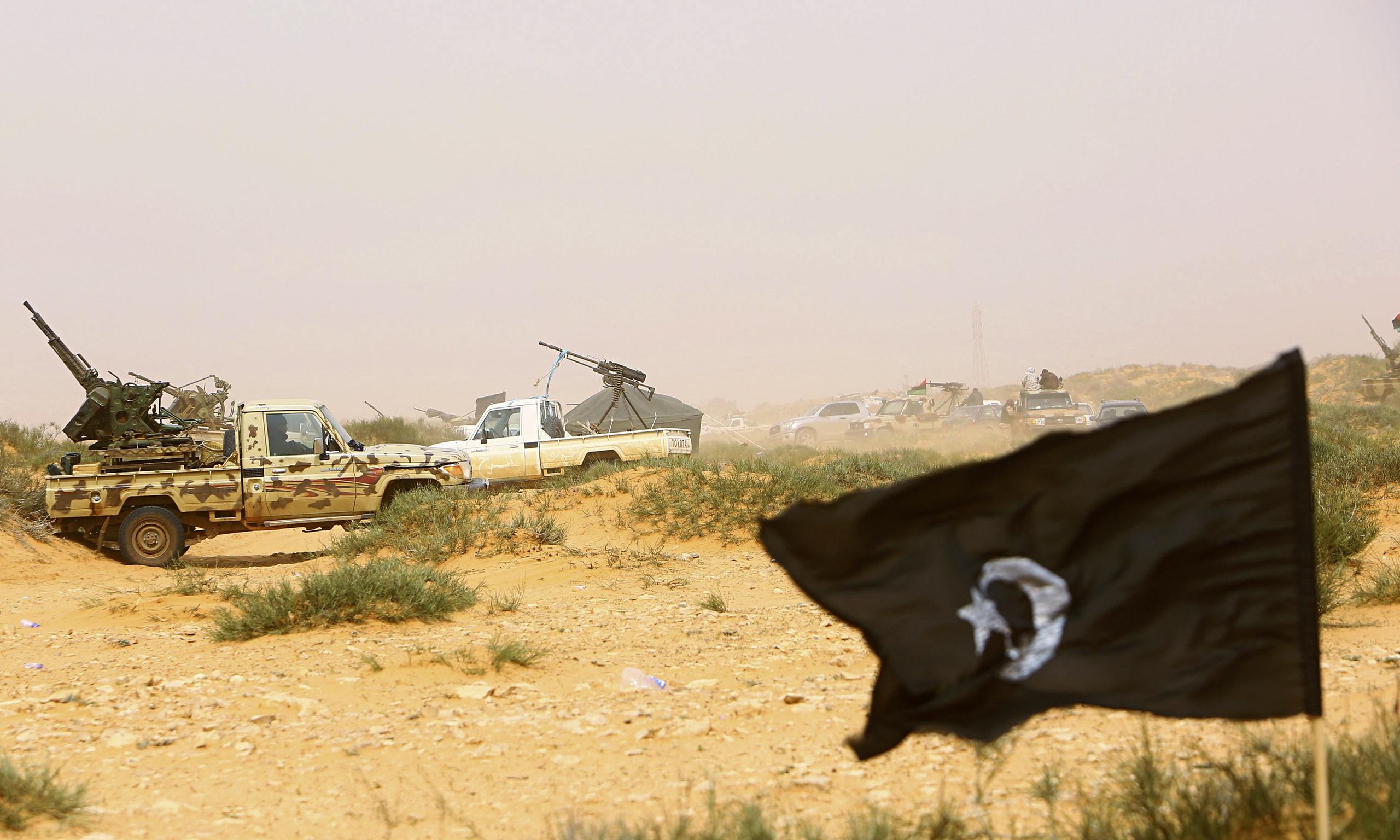Update: More Good News for People Who Love Bad News
Absent a constitution, the current government’s powers are vague, and most of the cabinet declares, insufficient. They have vowed to resign unless they are given more power–the parliament has rebuffed their demands. Instead they directed interim PM and acting defense minister Abdullah al-Thinni to appoint new ministers within a week.
However, following an attack on his family (in the capital, no less), al-Thinni announced his refusal to form a new government. The following day he resigned from his position as Prime Minister–leaving the state in a Catch 22:
The current cabinet, which the parliament wants to oust, has a mandate to continue until a new one is selected, which requires appointment by a PM, who must be first appointed by parliament (and whose subsequent nominations must also be approved by said parliament). However, given the polarized nature of Libya’s legislative body, generating consensus on anything in the parliament has been extraordinarily difficult.
Accordingly, it is unclear who could effectively step into the role of PM, let alone who might be qualified and respected enough to be appointed as his ministers. And even if a new government is eventually formed, if the parliament is unwilling to concede authority to the ministers, they may remain unable to address Libya’s myriad crises.
It is unclear how (or if) this situation will be resolved. So even if oil revenue starts flowing back to Tripoli, there may not be much of a “state” to utilize it.
Meanwhile, Jordan’s ambassador to Libya was also abducted from the capital. His captors are demanding the release or extradition of the Libyan militant Mohamed Dursi. Days after the abduction of the ambassador, yet another militia abducted a Tunisian diplomat and are similarly demanding that the government release a Libyan being held for terrorist activities in Tunisia. Of course, any such agreement would set a dangerous precedent and likely exacerbate the security problem for foreigners.
In a related manner, the deal struck with Jathran’s rebels appears as though it will move forward–oil is beginning to flow from the formerly-blockaded ports. But the price for this “progress” may prove to be steep:
The details of the deal have now been revealed–Jathran and his lieutenants are being paid off fairly elaborate sums of money in order to return the ports to government control, with the security being run out of Jathran’s base of operations. Finally, the Cyrene rebels arrested for seizing the Morning Glory have been released. Some fear this sort of bargain may incentivize other groups to seize ports in the future in the hope of a big windfall and subsequent amnesty (concerns which are likely well-founded).
Moreover, the underlying issues about greater autonomy for Cyrenaica and a greater share of their oil wealth were not addressed at all in the agreement (although the government did agree to launch a corruption inquiry into the potential misuse of oil revenues by state officials). The east, in turn, did not make any concessions towards more fully-integrating with the central government, nor to disband their parallel state. Many elements of the separatists have explicitly rejected the deal and decry Jathran as an opportunist who was never committed to the cause of independence, which they vow to continue working towards by any means necessary.
All of this bodes ill for Libya’s long-term stability.
